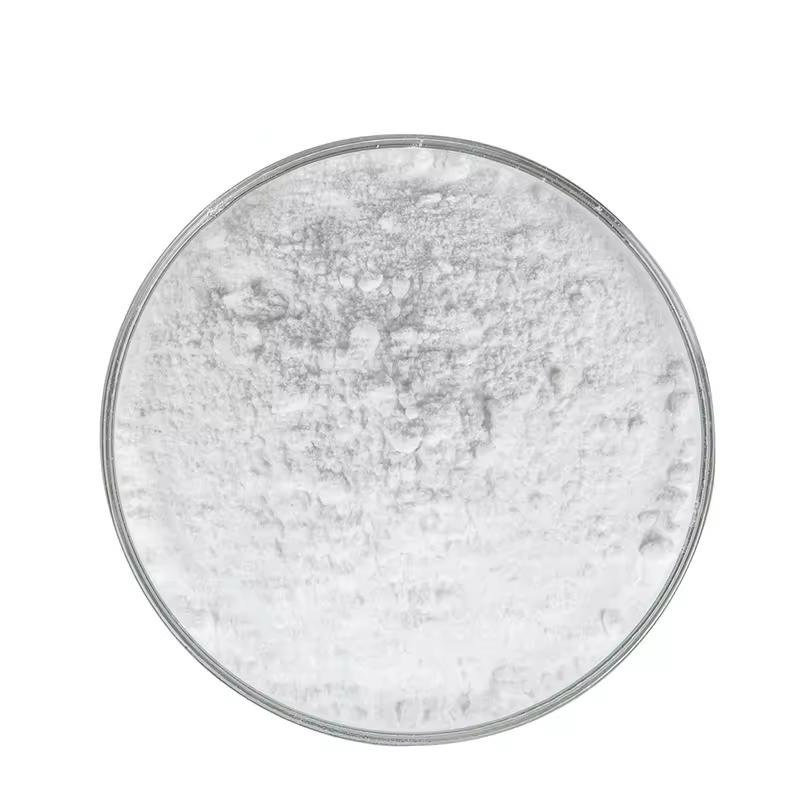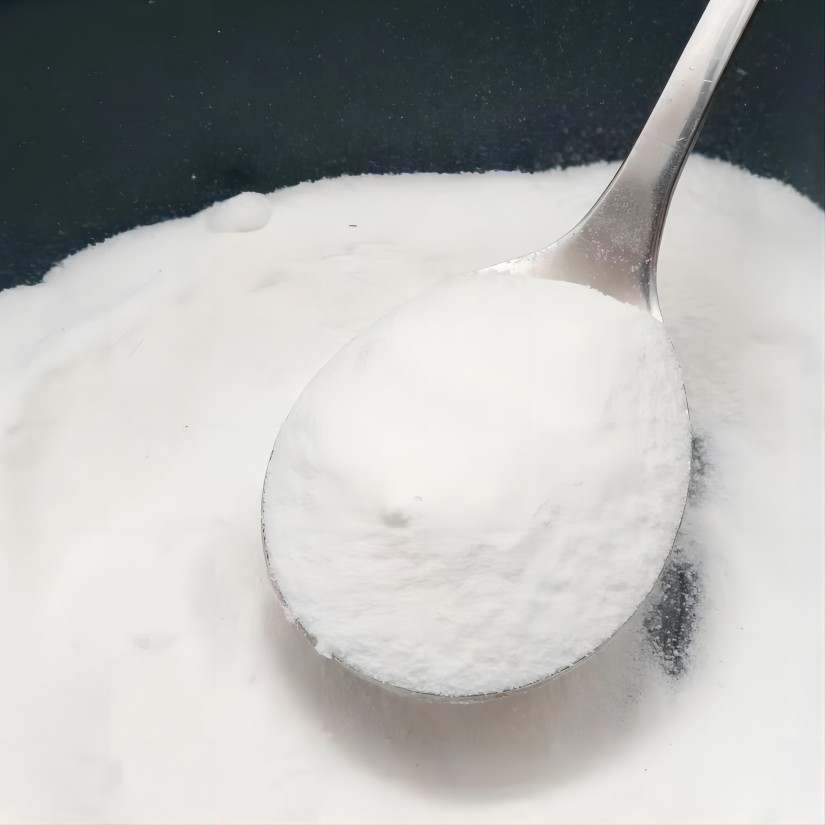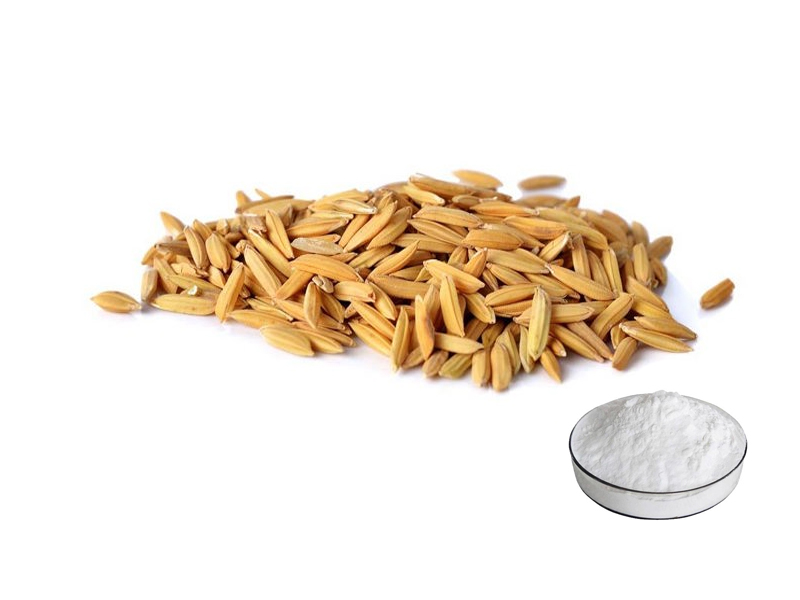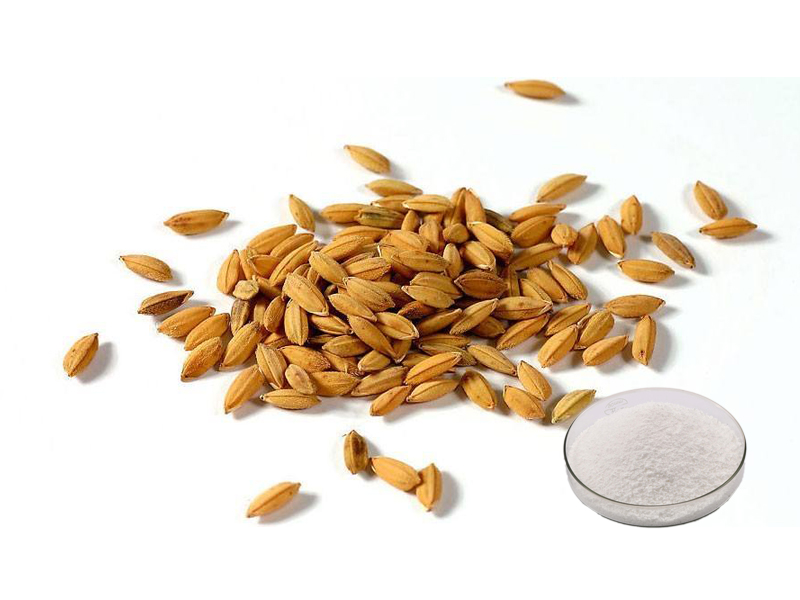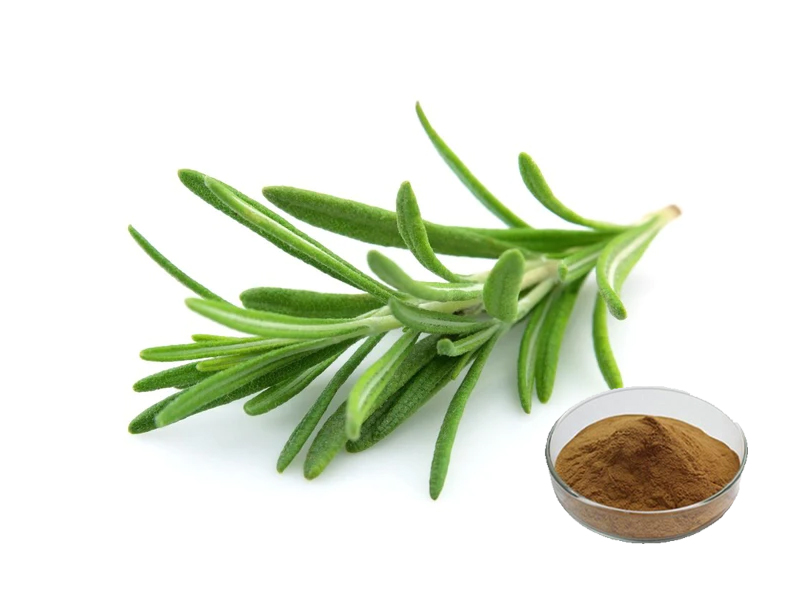Cétone de framboise naturelle 98%
CAS non. Téléphone :5471-51-2
Analyse :98%
Méthode d’essai :HPLC
Apparence: poudre Fine blanche
Résidu de Pesticide: conforme à la norme (ce) No 396/2005
- Description Description
- Fiche technique
- Certificat de formation
-
Qu’est-ce que la cétone de framboise?
Cétone de framboise belongs to the flavonoids, chemically known as p-hydroxybutyrophenone, molecular formula C10H12O2, molecular weight 164.......22, white needle-like crystalline solid. Raspberry ketone structure consists of a benzene ring and a butanone group. It belongs to carbonyl compounds with typical carbonyl reactions. As the molecular structure of raspberry ketone contains an aryl ring group and a ketone group, it has special chemical activity and is an important intermediate of fine chemicals. Raspberry ketone has a fruity aroma, white crystalline powder, soluble in hot water, and soluble in ethanol.
La cétone de framboise se trouve dans le jus naturel de framboise et est un élément arôme important de l’huile essentielle de framboise. Il peut être utilisé dans la préparation d’arômes alimentaires avec des effets arômes et édulcorants, et peut également être utilisé dans les cosmétiques et les arômes de savon.
Green Spring Technology fournit de la cétone de framboise naturelle 98%, fait par le processus de fermentation avec la fonction élevée de contenu et stable. Les métaux lourds, les résidus de solvants, les microorganismes et les hap respectent tous les normes internationales telles que la pharmacopée européenne, la pharmacopée japonaise, la pharmacopée américaine et ainsi de suite.
Founded in 2000, Green Spring Technology is a leading biotechnology company in China. Green Spring has a systematic quality management system and organizes production according to ISO, HACCP, and other quality standards. The products implement the highest international industry standards, complying with EU EC396, EU 2023/915, and the highest solvent residue standards. We have obtained many certificates such as Halal, Kosher, COSMOS, BRC, IFS, FDA, ISO, and so on. Authoritative third-party test reports are available.
Spécification:
Nom du produit
Cétones de framboise
CAS non.
5471-51-2
analyse
98%
Méthode d’essai
HPLC/HPLC
apparence
Poudre Fine blanche
Résidus de pesticides
Conforme à la norme (ce) n ° 396/2005
Règlement:
Il est conforme à la réglementation de l’ue.
Learn More About Our One-Stop Solution for Natural Raspberry Ketone Powder.
Vous cherchez un devis?Benefits:
Whitening
A literature report on the in vitro whitening activity of raspberry ketone, including in vitro cultured mouse B16 melanoma cells and zebrafish models, showed that raspberry ketone dose-dependently inhibited melanogenesis, and no cytotoxic effects were found; raspberry ketone also dose-dependently reduced the tyrosinase activity of zebrafish, indicating that raspberry ketone reduces the melanogenesis of zebrafish by inhibiting the activity of cellular tyrosinase. production in zebrafish by inhibiting cellular tyrosinase activity.
Some studies have reported that raspberry ketone is potentially cytotoxic to melanocytes. Tested with human primary representative skin melanocytes, raspberry ketone significantly increased cellular ROS production, accelerated glutathione depletion, caused oxidative damage to melanocytes, and affected melanocyte proliferation. Structurally, raspberry ketone is a mono phenolic hydroxyl substance, and its structural phenolic hydroxyl group is oxidized to quinone in the presence of tyrosinase, generating reactive free radicals that are destructive to melanocytes.
Bacteriostatic
According to the literature, raspberry flavonoids have strong inhibitory effects on Escherichia coli, Bacillus subtilis, and Staphylococcus aureus, with the lowest inhibitory concentrations of 0.16 mg/mL for Escherichia coli, 0.08 mg/mL for Bacillus subtilis, 0.04 mg/mL for Staphylococcus aureus, and 0.64 mg/mL for Penicillium, but have no inhibitory effects on Brewer's yeast, Rhizoctonia solani, and Trichoderma reesei, respectively.
Beneficial for Weight Control
Raspberry ketone is a unique aromatic substance in berry fruits, and its molecular structure is very similar to capsaicin, which has the function of weight loss and altering lipid metabolism. Raspberry ketone can directly act on fat cells, stimulate the secretion of human lipocalin (a hormone that induces fat cell decomposition), and accelerate the decomposition of fat combustion and energy production, while inhibiting intestinal absorption of lipids, thus effectively controlling body weight and preventing obesity. At the same time, raspberry ketone inhibits fat accumulation caused by excessive fructose, inhibits fat absorption caused by reduced pancreatic lipase activity, and reduces the effect of visceral fat.
Applications:
In Cosmetics:
Raspberry ketone can inhibit free radicals such as reactive oxygen species and peroxylated lipids produced by ultraviolet light and stress. Skin irradiation by sunlight produces erythema will appear after skin pigmentation, due to ultraviolet radiation prompted by the epidermal basal layer of melanocytes synthesizing melanin and transfer to the surrounding keratinocytes, raspberry ketone glucoside not only inhibits ultraviolet rays caused by melanin production but also to promote the excretion of melanin. It has antioxidant, whitening, and spot-removal effects and has been used as a cosmetic raw material.
Flavouring:
Raspberry ketone is a kind of safe food spice which has been recognised by the American Food Spice Manufacturers Association (FEMA) and Council of Europe (COE), and its FEMA No. is 2588. GB 2760-1996 stipulates that raspberry ketone is used as food spice with the dosage of 40~320 mg /kg, and it can be used in the preparation of raspberries, grapes, pineapples, peaches, plums, strawberries and cranberries, Jasmine, gardenia, evening jasmine and other aroma flavour preparation, can also be used as modifier or fixed aroma agent for daily use of spices, food spices, daily chemical flavour and cigarette flavour.
-
Get Your Free COA
-
Télécharger le document
Cosmos Green Spring Technology
Télécharger le documentHalal Green Spring Technology
Télécharger le documentKosher Green Spring Technology


 Anglais
Anglais français
français espagnol
espagnol russe
russe coréen
coréen japonais
japonais



